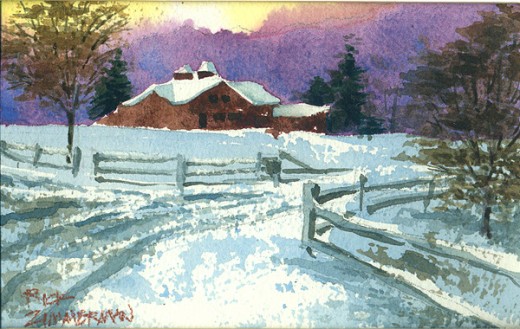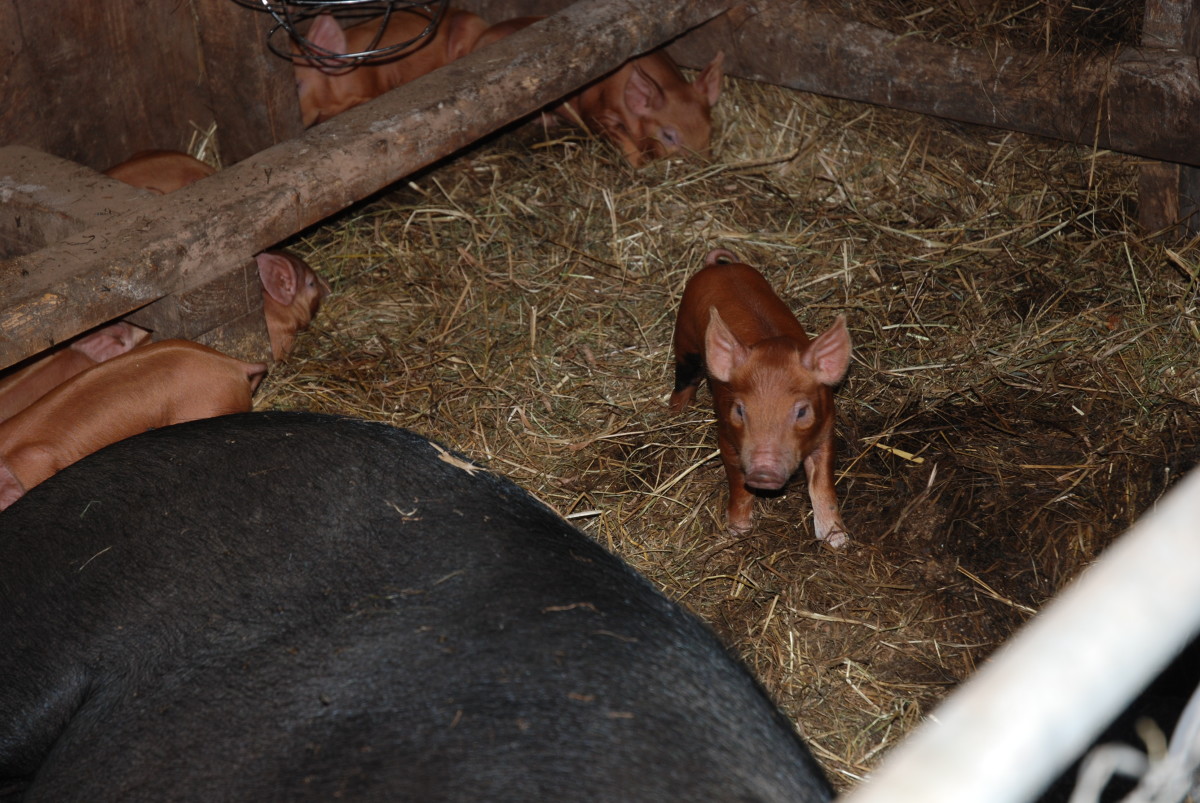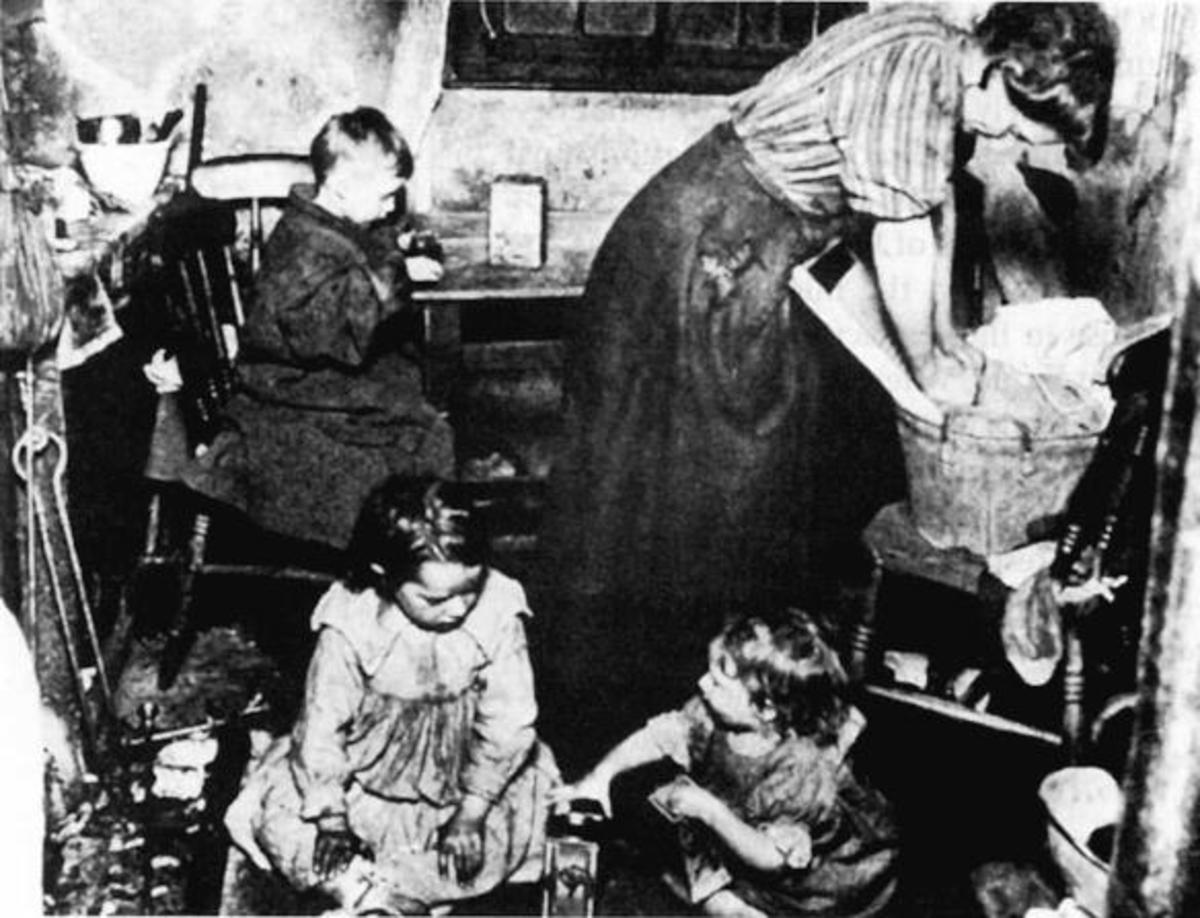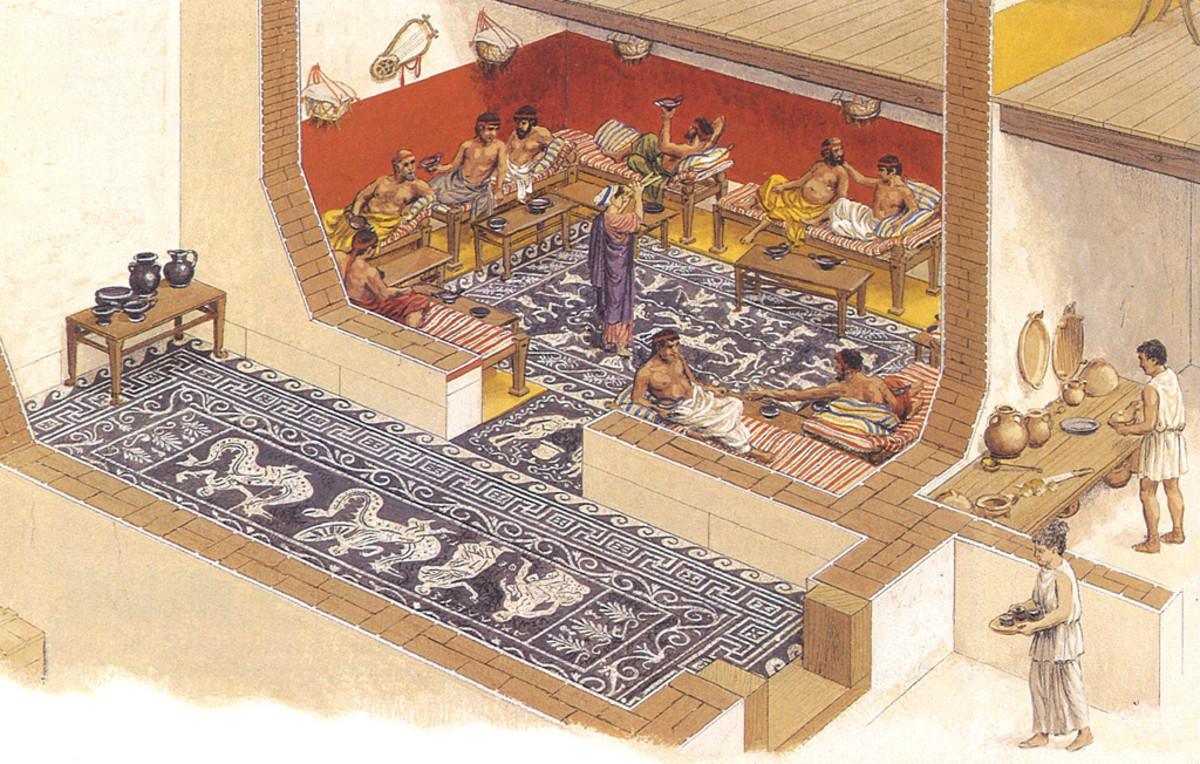Sustainability 65: Urban Farming

Perhaps your image of the American farm is the aging homestead, with its scatter of barns, sheds and outbuildings, anchoring a score of acres of tilled and cropped land, an hour’s drive from any urban center. And perhaps that image is increasingly fading into history and myth.
A great majority of our national farmland is by now populated by huge agribusinesses, sprawling corporate enterprises that foster monocultures of corn or wheat or soybean or cattle, supported by an integrated web of cheap labor, machinery, fertilizer, additives and subsidies. But running counter to that trend is the urban farm.
Urban farming is by no means new. The great cities of Angkor Wat, Cairo, Babylon and Machu Picchu were all sustained by vast city gardens and water systems. Many Medieval towns were fed by farms abutting the citadel walls. Closer to our own time, Victory Gardens proliferated during the World Wars to supply war-weary citizens and support military efforts.
The need for urban farming has become even more pressing in our modern world, as now more than half of the planet’s inhabitants reside in cities. Currently, two dozen of those cities each host 10 million or more citizens; feeding such a dense urban population requires the influx of over 5,000 tons of food each day. And the poor of the cities fare the worst, typically having to devote over half their meager incomes for food alone.
The implementation of urban farming can increase both food security and food safety for urban dwellers. It can also foster a greater connection to the land as well as to the various species that comprise our foodstuffs, while offering greater self-determination, exercise, recreation and relaxation. And, because urban farming tends to encourage locally indigenous species, wiser water use, and reduction in pesticides or chemical additives, it also embodies sustainable practices good for the planet’s (and our) long-term health.
‘Urban Farming’ is also the name of a nonprofit organization founded in 2005 in Detroit, MI, with just three gardens (it has since expanded to about 30 cities and around 800 gardens). Based on a modular garden size of just 20 feet by 20 feet — which can, by the way, be situated in a backyard, or on a vacant lot, rooftop or even building wall — Urban Farming brings together volunteers and participants from the local community to grow harvests that are shared freely with all. Its goals include city beautification, unity of citizens in a common cause, support of diversity, raising health and nutrition awareness, lowering crime, lowering the urban island heat effect, and nurturing hope for a better tomorrow.
Urban Farming therefore conducts programs in health and wellness, environmental justice, green collar jobs, community and green science gardens, and ‘edible walls and rooftops’.








